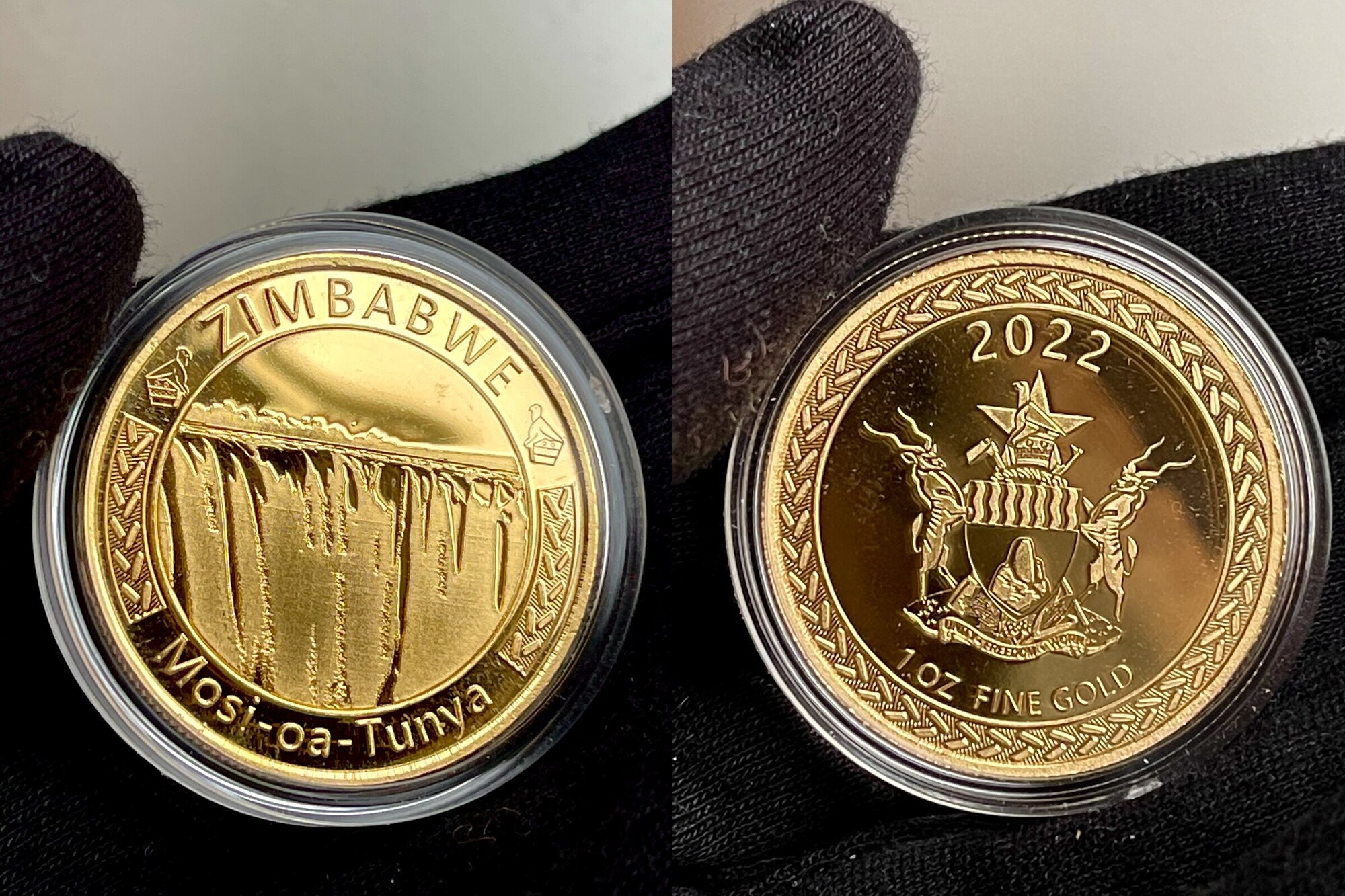‘Zim ready for digital currency’
Zimbabwe is ready to adopt a digital currency, provided the necessary framework and safeguards are put in place to instil confidence among the public to achieve widespread acceptance and use of this form of medium of exchange
This was said by Escrow Group chief executive officer Collen Tapfumaneyi in a panel discussion at the Investment Professionals Association of Zimbabwe (IPAZ) Annual Conference in Nyanga on Friday,.
Escrow Group is a leading Zimbabwean diversified Fintech group offering securities trading and settlement solutions, banking and payment solutions, registry maintenance and investment administration solutions. The company operates directly and indirectly in 10 countries within East and Southern Africa.
The conference in Nyanga was dubbed “Rising In the Chaos and Beyond”.
Technological advancements in recent years have brought about many transformative and innovative changes in the financial space, which has seen central banks tagging along and adopting digital currencies, which has gained significant traction globally. In May this year, the Reserve Bank of Zimbabwe (RBZ) began issuing Gold-Backed Digital Tokens (GBDT) as an alternative investment instrument, which would also suck excess liquidity and help to stabilise the local currency. As a medium of exchange, the digital gold-backed tokens would reduce reliance on the US dollar, whose excessive demand and preference by the public has been partly blamed for driving exchange rate volatility.
The RBZ intends to include the use of the GBDTs, technically known as ZiG, as a medium of exchange, allowing peer-to-peer transfers by the public to make payments.
Mr Tapfumaneyi said “I think I would say we are ready. We were ready yesterday.
“I think we have already gone into the digital age in Zimbabwe. If you look at the penetration of mobile money in the country, we are just transferring value based on a book entry system,” he said.
He also said the fact Zimbabweans accept that they have received money on their mobile phone after simply receiving a text message, as well as the confidence that exists in the mobile money space had already laid the groundwork for digital currencies.
“We are just doing so by exchanging messages and when one receives a confirmation message on their mobile phone that assures them that they have received the money or a particular asset. So, once there is that confidence that is all that we need otherwise in terms of infrastructure and also embracing that confidence by the generality of the population,” said Mr Tapfumaneyi.
“It is just a matter of communicating with the people. We have experienced and seen it happen in agriculture where we say to farmers, put your commodities in the warehouse and we give you a receipt, but that receipt is no longer a physical receipt and we are sending it on their phone and they are accepting that.
So I think we are ready, it is just confidence that we need,” he said.
In the same vein, head of Victoria Falls Stock Exchange (VFEX) markers, Robert Mubaiwa, sharing a similar sentiment said the critical issue that needed to be addressed is the issue of confidence and the Government must introduce safeguard measures for the currency to be acceptable.
“What is critical in terms of whatever is going to be introduced as currency is to have infrastructure that helps people understand what the product is all about and how to use the product in the long run.
“As long as we do not have sufficient safeguards that inspire confidence it becomes very difficult but we believe the authorities are making the necessary steps that help in educating the market and ensuring that product is acceptable on the market,” said Mr Mubaiwa.
“So, it is possible as long as the necessary safeguards are put in place to make sure that the people that are supposed to use the currency have confidence in the safeguards that have been put in place and there are sufficient safeguards in terms of that investment,” he said.
African countries face hurdles when it comes to financial inclusion, with a large proportion of their populations being unbanked.
Digital currencies offer a potential solution to this problem. By enabling peer-to-peer transactions without intermediaries, digital currencies present a pathway to extend financial services to the unbanked, fostering economic development and reducing poverty. Securities and Exchange Commission of Zimbabwe (SECZ) compliance and risk manager, Tariro Musikavanhu said “As a country we are ready. As regulators what we need to do more is probably build public trust and inspire confidence to ensure that they trust the system and to also put in place necessary regulatory safeguards that will also curb more illicit transactions in our market.
“Indeed we are ready for the adoption of the digital currency,” she said.
While the adoption of digital currencies presents great opportunities, African economies must also address regulatory challenges embodied with this emerging technology.-herald









